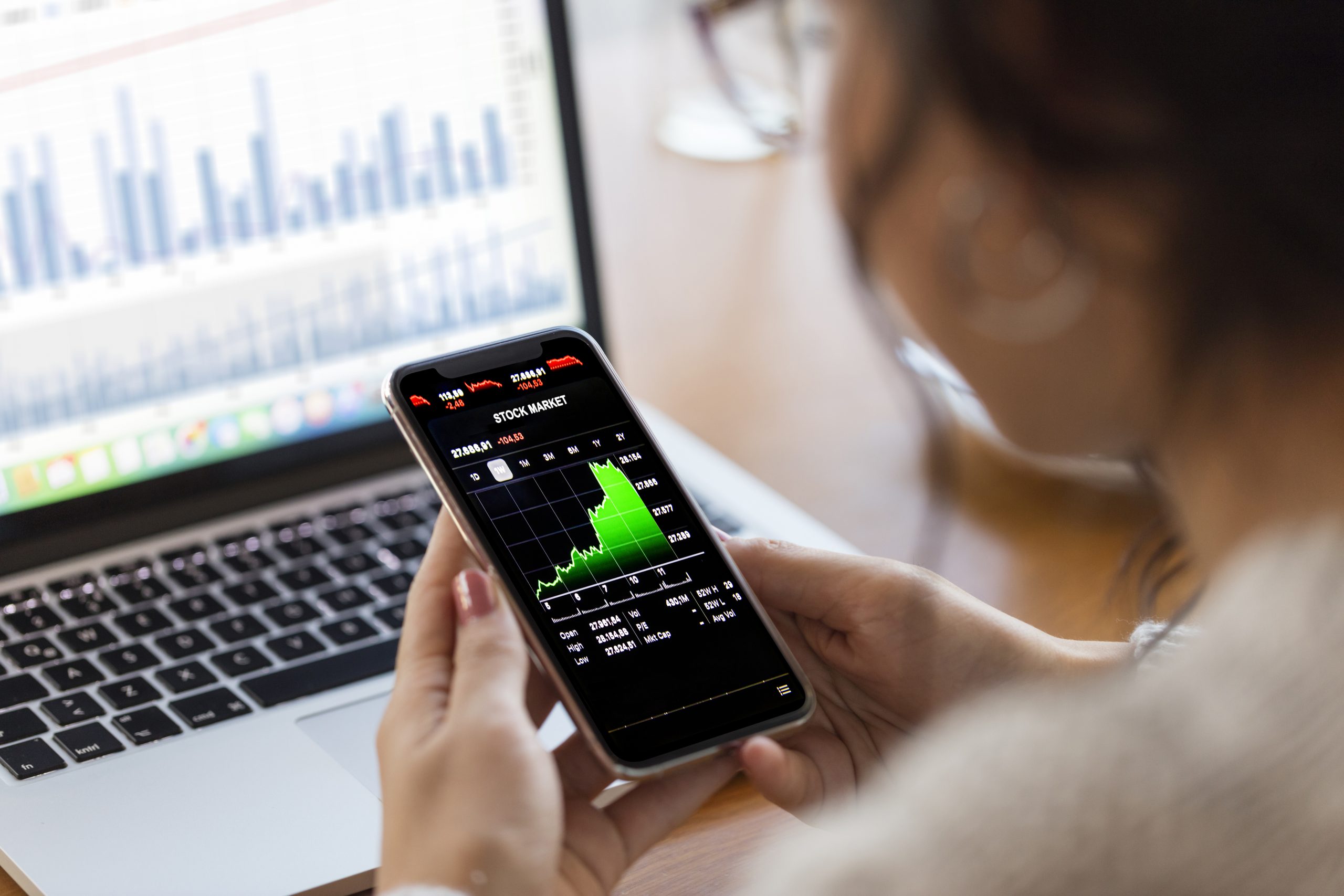Amgen on Tuesday said its experimental weight loss injection helped patients with obesity lose up to 20% of their weight on average after a year in a critical mid-stage trial, as the company races to join the booming obesity drug market.
The drug, MariTide, also helped patients with obesity and Type 2 diabetes lose up to 17% of their weight after a year. The company said it did not observe a plateau in either group of patients, which indicates the potential for further weight loss beyond 52 weeks. MariTide was taken monthly or even less frequently in the trial — which could offer an advantage over the popular weekly injections on the market.
But shares of Amgen fell about 5% on Tuesday, as the results appear to be at the lower end of Wall Street’s lofty expectations for the drug. Ahead of the data, several analysts said they wanted MariTide to show weight loss of at least 20% in the phase two trial, with some hoping for up to 25%.
Wall Street has been eagerly awaiting the trial results, which shed light on how Amgen’s drug may measure up to blockbuster weight loss injections from Novo Nordisk and Eli Lilly and a crowded field of treatments being developed by other drugmakers.
Jared Holz, Mizuho health care equity strategist, said in an email Tuesday that “our sense is investors remain even more confident in” Eli Lilly and Novo Nordisk as leaders in the weight loss drug market. He noted that Amgen could potentially be a “distant third/fourth player” in the space since MariTide likely won’t enter the market until around 2027.
Amgen only released data on the first of two yearlong parts of the trial, which was designed to test different dose sizes, schedules and regimens of MariTide. The trial’s main goal was to measure the amount of weight loss, but it also examined how long participants could go between injections and still lose pounds.
Notably, Amgen said patients who received the highest dose of MariTide every other month experienced comparable weight loss to those who took it monthly, suggesting the potential for less frequent dosing of the drug.
Roughly 11% of patients in the trial discontinued treatment because of any adverse side effects, while less than 8% stopped specifically due to gastrointestinal side effects. Gastrointestinal side effects were mainly mild to moderate and primarily associated with the first dose of the drug.
Dose escalation, which refers to starting patients at a lower dose of MariTide and gradually increasing it until they reach a higher target dose, significantly improved the rates of those side effects in the trial, according to Amgen.
“Based on these data, we believe MariTide has a unique differentiated and competitive profile, which we will explore in phase three development,” Amgen CEO Robert Bradway said on a call with investors Tuesday after the results.
The company will use the results of the first part “to put the fine details” on the design of its late-stage study on the treatment, which is “already deep into planning,” Amgen Chief Scientific Officer Jay Bradner said in an interview earlier this month.
Amgen has said MariTide could offer quicker weight loss, possibly better weight maintenance, and fewer shots than weekly injections such as Novo Nordisk’s Wegovy and Eli Lilly’s Zepbound. That could boost Amgen’s odds of winning a slice of the weight loss drug market, which some analysts forecast could be worth $150 billion a year by the early 2030s.
Late-stage studies on Wegovy showed that it led to 15% weight loss over 68 weeks, while Zepbound helped patients lose more than 22% of their weight over 72 weeks.
MariTide brings a new approach to weight loss compared with the existing drugs on the market because it is a so-called peptide antibody conjugate, which refers to a monoclonal antibody linked to two peptides. The peptides activate receptors of a gut hormone called GLP-1, while the antibody blocks receptors of another hormone called GIP hormone.
That’s unlike Eli Lilly’s obesity drug, Zepbound, which activates both GIP and GLP-1. Wegovy activates GLP-1 but does not target GIP, which may also affect how the body breaks down sugar and fat.
“MariTide’s synergistic molecular design requires only a fraction of the peptide supply with fewer injections and fewer devices versus weekly injectable alternatives,” Bradner said on the Tuesday call.
Shares of Amgen have soared this year in anticipation of the mid-stage trial data. That rally lost steam in recent weeks as one analyst raised questions about MariTide’s potential side effects related to bone density. Amgen has said it has no concerns about MariTide’s bone density data.
Trial design
The first part of the phase two trial followed 592 patients, including 465 patients with obesity and 127 with both obesity and Type 2 diabetes. The trial examined MariTide across 11 different patient groups, where researchers tested a variety of regimens and dosing levels – 140, 280 and 420 milligrams.
For example, some groups used a quick dose escalation, which refers to starting patients at a lower dose of MariTide and gradually increasing it over four weeks until they reached a higher target dose. Others had a slower dose escalation over 12 weeks.
Several groups took MariTide once a month, while one group took the highest dose of the drug every other month. In an interview, Bradner noted that Type 2 diabetes patients are “known to respond less favorably to weight loss medicines,” so Amgen did not put them in any groups that used dose escalation or less frequent dosing regimens.
More than 90% of eligible patients agreed to participate in the second part of the trial, which examines how durable MariTide’s weight loss is. The company is “interested to see how quickly people who lost weight rebound when they come off the medicine,” Bradner said in the interview.
The second part of the trial also evaluates any progressive weight loss after the initial year on MariTide and tests even less frequent dosing of the drug. Amgen has not said when it will release data from the second part of the trial.
Patients who continued the trial were randomly sorted into several groups.
For example, patients who took 140-milligram doses of MariTide in the first part of the trial will either continue taking that dose or switch to a placebo for another year, which will measure how long-lasting MariTide’s weight loss is. Some people who took 280-milligram doses in the first part of the trial will take lower doses of the drug for a year.
Amgen is also testing a quarterly schedule among some patients who took 420-milligram doses in the first part of the trial. That means patients will get a shot once every 12 weeks.







